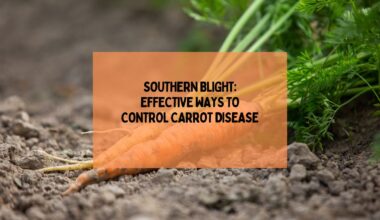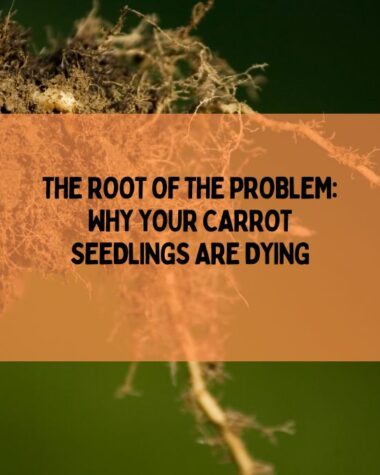Preventing the Spread of Root-Knot Nematodes to Save Carrot Crops. Crop Rotation, Cover Crops, Soil Solarization, Chemical Control, Biological Control, Soil Amendments, Proper Irrigation, Mulching, Fallowing, Soil Testing, Plant Resistance, Sanitation, Companion Planting, Crop Timing, Integrated Pest Management, Monitoring and Evaluation, Education and Training, Collaboration and Communication.
Root Knot Nematodes (RKN) are microscopic soil-borne pests that can wreak havoc on many crops, including carrots. These nematodes invade the roots of the plants, causing extensive damage that can lead to stunted growth, wilted leaves, and ultimately reduced crop yields.
Fortunately, there are several strategies that farmers can use to control RKN infestations and protect their carrot crops. In this article, I will explain 18 ways to save carrots affected by RKN.
Crop Rotation

Crop rotation is one of the most effective ways to control RKN. By rotating crops, farmers can break the life cycle of the nematodes, which depend on specific plant hosts to survive. For example, if carrots were grown in a particular field last season, planting a non-host crop, such as corn or soybeans, in that same field the following year can help reduce RKN populations.
Cover Crops
Cover crops can also help control RKN by reducing their populations in the soil. Certain cover crops, such as marigolds or mustard, are known to be effective in reducing nematode populations. The roots of these plants release natural compounds that are toxic to nematodes, which can help reduce their numbers over time.
Soil Solarization

Soil solarization involves covering the soil with plastic sheets and exposing it to the sun for several weeks during summer. The heat generated by the sun can kill many soil-borne pests, including RKN. This method is especially effective in areas with high temperatures and plenty of sunshine.
Related Read
- The Ultimate Guide To Cucumber Pests and Diseases
- How to Find, Prevent, and Treat Zucchini Plant Problems?
- 10 Tomato Diseases – How to Recognize, Treat, and Prevent?
Chemical Control
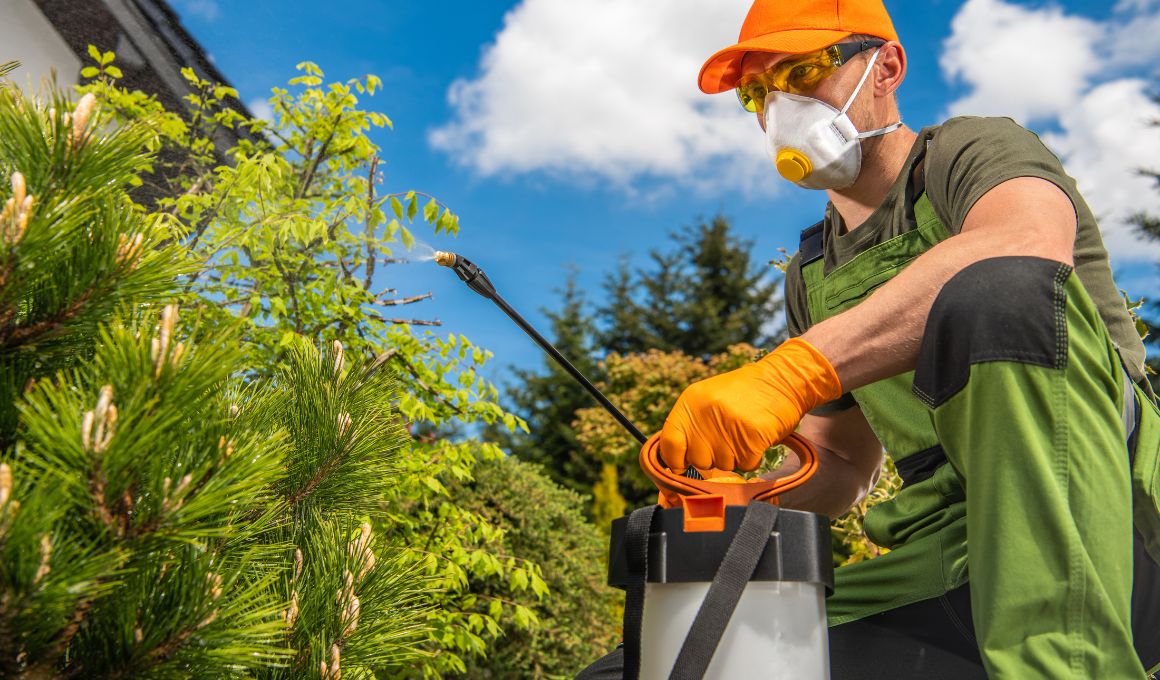
Several chemical pesticides are available that can effectively control RKN. However, these pesticides can harm the environment and other beneficial organisms in the soil, so they should be used cautiously. Before using any chemical pesticide, farmers should carefully read and follow the label instructions.
Biological Control

Biological control involves using natural enemies of RKN, such as beneficial nematodes or fungi, to control their populations. These organisms can be introduced into the soil to help reduce RKN numbers. This method is safer for the environment than chemical control and can be as effective.
Soil Amendments

Adding organic matter to the soil, such as compost or manure, can help improve soil health and reduce RKN populations. Organic matter can increase the number of beneficial organisms in the soil, which can compete with RKN for resources and help control their populations.
Proper Irrigation

Overwatering can create ideal conditions for RKN to thrive, so proper irrigation practices are essential for controlling their populations. Farmers should avoid overwatering and ensure that soil moisture levels are appropriate for growing crops.
Mulching

Mulching can help reduce RKN populations by creating a barrier between the soil and the air. This can help regulate soil temperature and moisture levels, creating less favorable conditions for RKN to thrive.
Fallowing

Fallowing, or leaving the soil unplanted for a season, can help reduce RKN populations by depriving them of a host plant to feed on. This method can be especially effective if combined with other control methods, such as soil solarization.
Soil Testing

Regular soil testing can help farmers identify RKN populations and take appropriate control measures before they become problematic. Soil tests can also help farmers determine if soil amendments are necessary to improve soil health and reduce RKN populations.
Plant Resistance

Certain carrot varieties are more resistant to RKN than others. Farmers should choose varieties resistant to RKN to help reduce their populations.
Sanitation

Proper sanitation is crucial for preventing the spread of RKN. Farmers should clean their equipment and tools between fields to avoid spreading nematodes from one area to another. They should also remove and destroy any infected plant material to prevent nematodes from multiplying and spreading.
Companion Planting
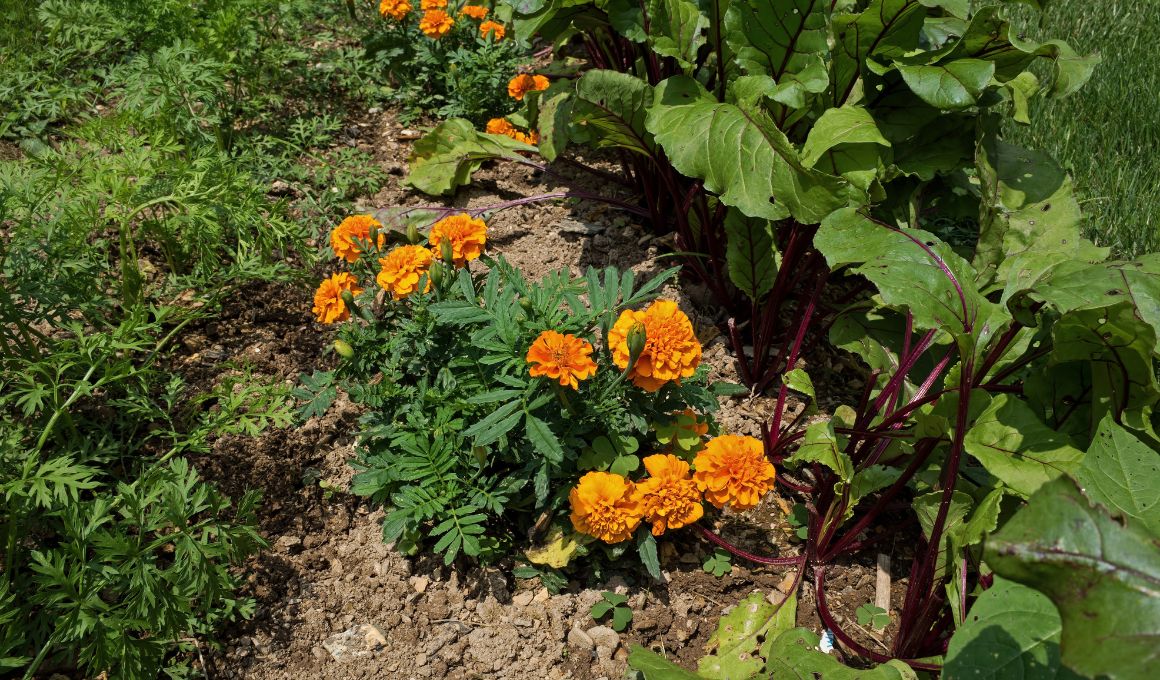
Companion planting involves growing two or more crops together that can benefit each other in some way. For example, planting onions alongside carrots can help deter RKN. Onions release natural compounds that can repel nematodes, reducing their populations in the soil.
Crop Timing
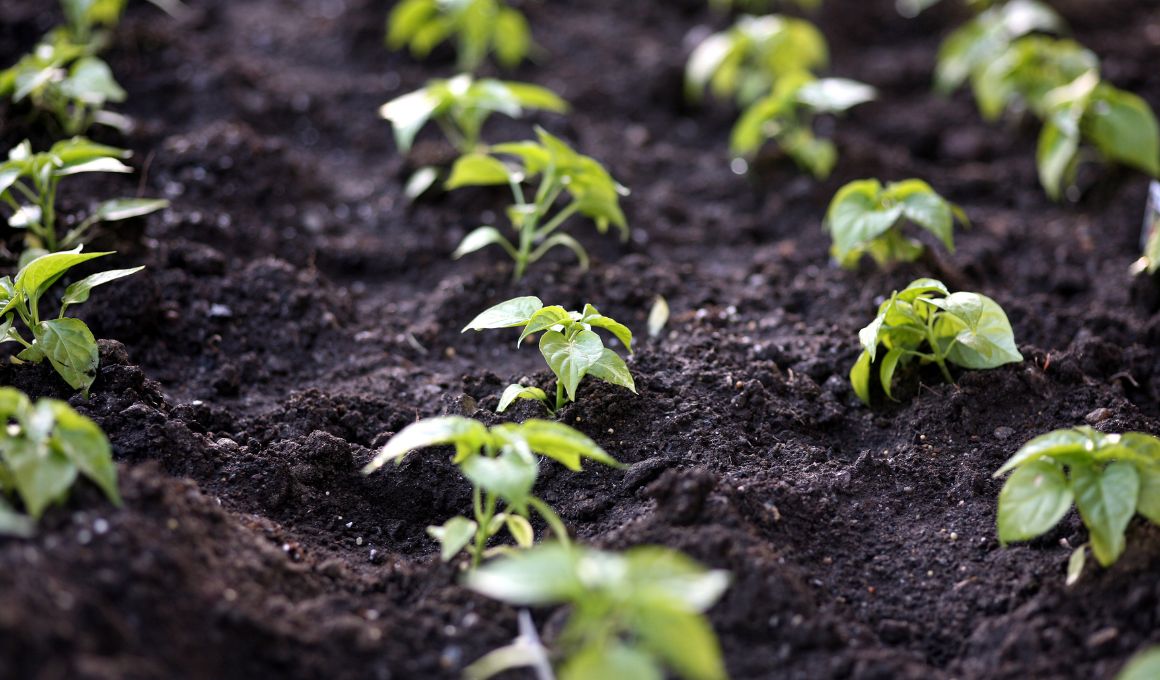
Planting carrots at the optimal time can also help reduce RKN populations. Planting earlier in the season can allow carrots to establish more robust root systems before RKN populations become too high, reducing the impact of the nematodes on the crop.
Integrated Pest Management
Integrated Pest Management (IPM) is a holistic approach to pest control that combines different control methods. IPM strategies can include crop rotation, cover crops, soil solarization, biological control, and other methods discussed above. By combining multiple strategies, farmers can effectively control RKN while minimizing the use of chemical pesticides.
Monitoring and Evaluation

Monitoring RKN populations throughout the growing season can help farmers determine if control measures are adequate or if additional measures are necessary. Farmers can adjust their pest management plans as needed to achieve optimal results by evaluating the success of control strategies.
Education and Training

Education and training are essential for effective RKN control. Farmers should know the signs and symptoms of RKN infestations and understand the various control measures available. Extension services and agricultural organizations can provide education and training programs to help farmers implement effective pest management strategies.
Collaboration and Communication

Collaboration and communication among farmers, researchers, extension services, and agricultural organizations are crucial for successful RKN control. Sharing knowledge, experiences, and best practices can help farmers implement effective pest management strategies and improve overall crop health.
Collaboration can also lead to the developing of new control methods and technologies that can benefit the entire agricultural community.
Conclusion
RKN infestations can be devastating for carrot crops, but there are several strategies that farmers can use to control their populations.
Crop rotation, cover crops, soil solarization, chemical and biological control, soil amendments, proper irrigation, mulching, fallowing, soil testing, plant resistance, sanitation, companion planting, crop timing, and integrated pest management are all effective methods for reducing RKN populations and protecting carrot crops.
Combining these strategies can create a comprehensive pest control plan that promotes healthy soil and sustainable crop production.
Happy Gardening!
